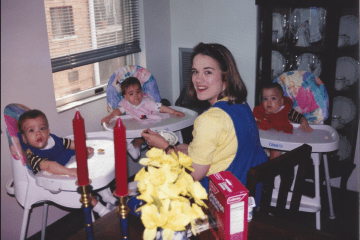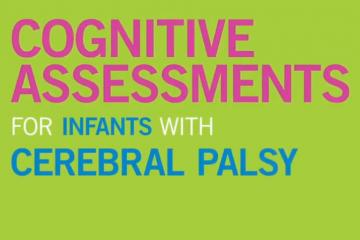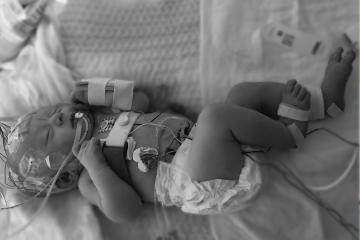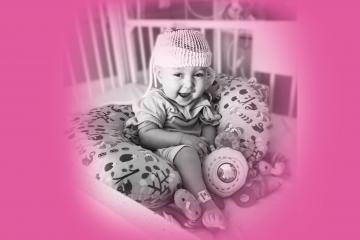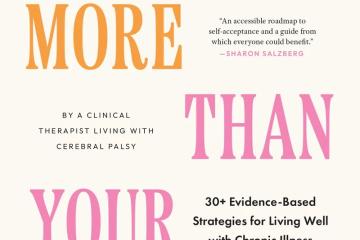Comparing Parent and Provider Priorities in Discussions of Early Detection and Intervention for Infants With and at Risk of Cerebral Palsy
Background
Although literature suggests that parents need support when their child is diagnosed with cerebral palsy (CP), it is unclear to what extent providers implement these supports in practice and what parental perspectives surround provider early diagnosis and management of CP. Therefore, we aimed to characterize and compare experiences of providers and parents of children with CP with regards to early detection and intervention.
Method
Seventeen parents participated in day‐long world‐café style workshops focused on categories extracted from the International Classification of Function framework and recent systematic reviews of early detection for CP. Thirty regional providers (generalists, specialists, and therapists) caring for infants with CP completed surveys with scaled score and open‐ended questions. Quantitative and qualitative data were independently assessed by two reviewers to identify prominent themes.
Results
All parents (100%) stated early diagnosis or high risk for CP classification was beneficial compared with only 50% of providers who often gave early CP diagnoses before 12 months. Top parent priorities were honesty and positively phrased messages. Providers most often addressed cognition, primary care need, motor, and feeding issues (80%, 62%, 54%, 54% frequently/sometimes). Matching priorities for discussion were neuroimaging timing/risk/benefit, cognition, primary care, motor, and feeding/nutrition. Discordance occurred for participation, parent well‐being, pain and vision, with parents wanting more education and resources.
Conclusions
Receiving early diagnoses or high‐risk for CP classification is a parent priority. Alignment between parents and providers exists for International Classification of Function domains of body functions/structures and activity, but less for those of environment, personal, and participation.

